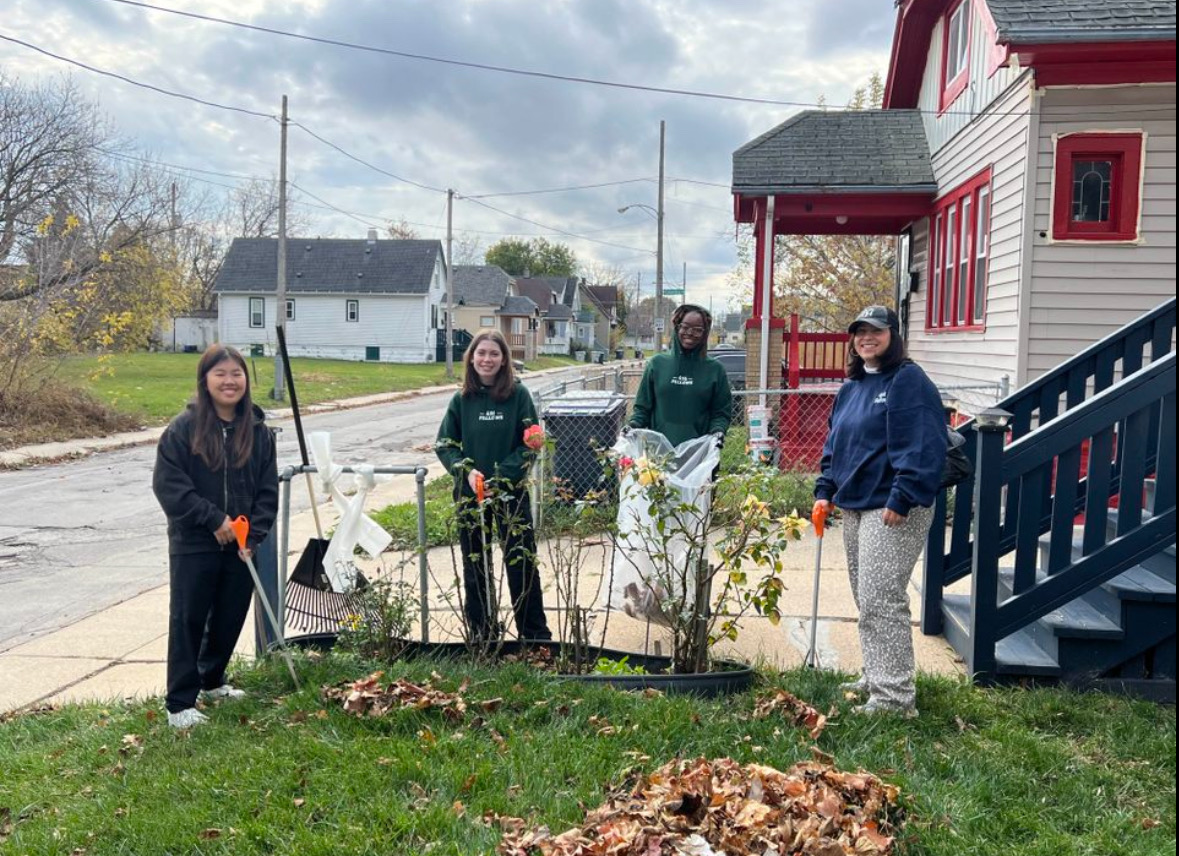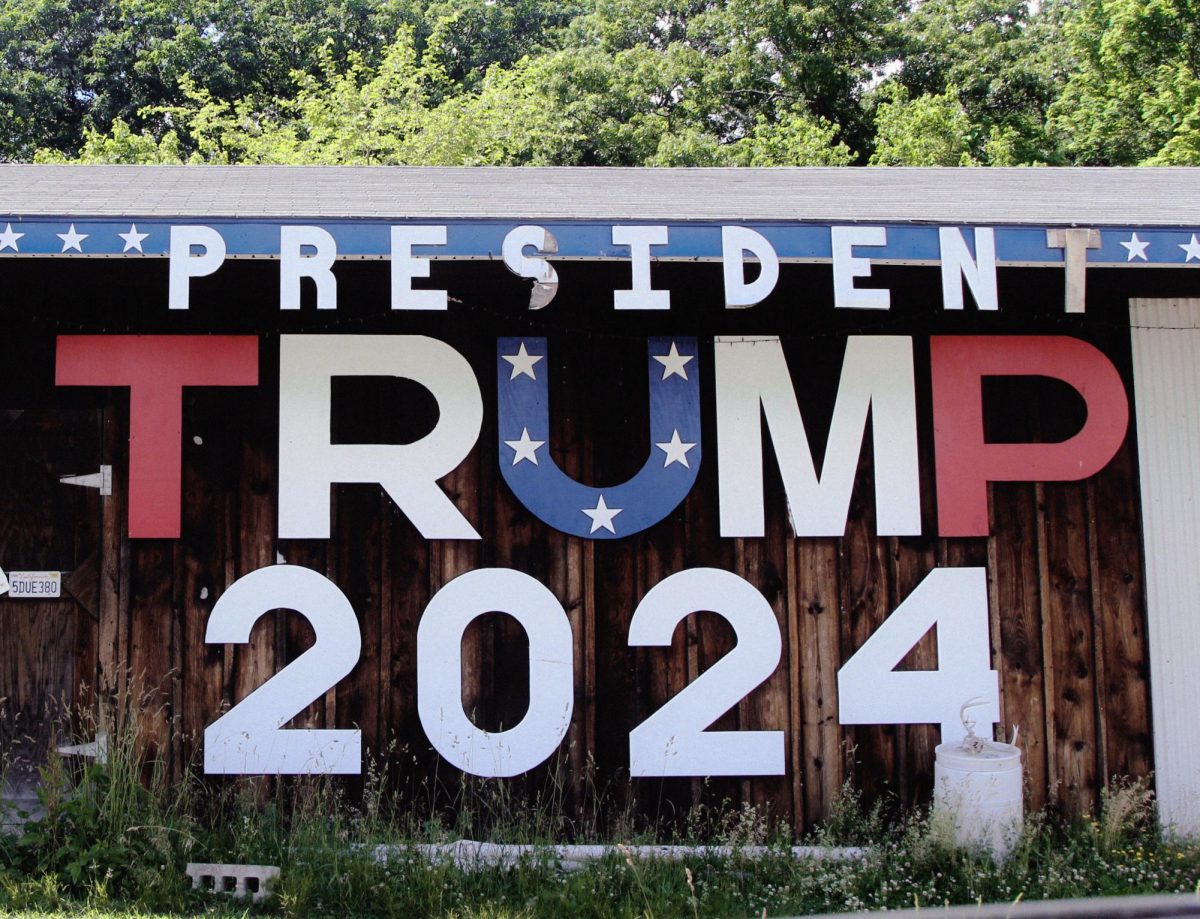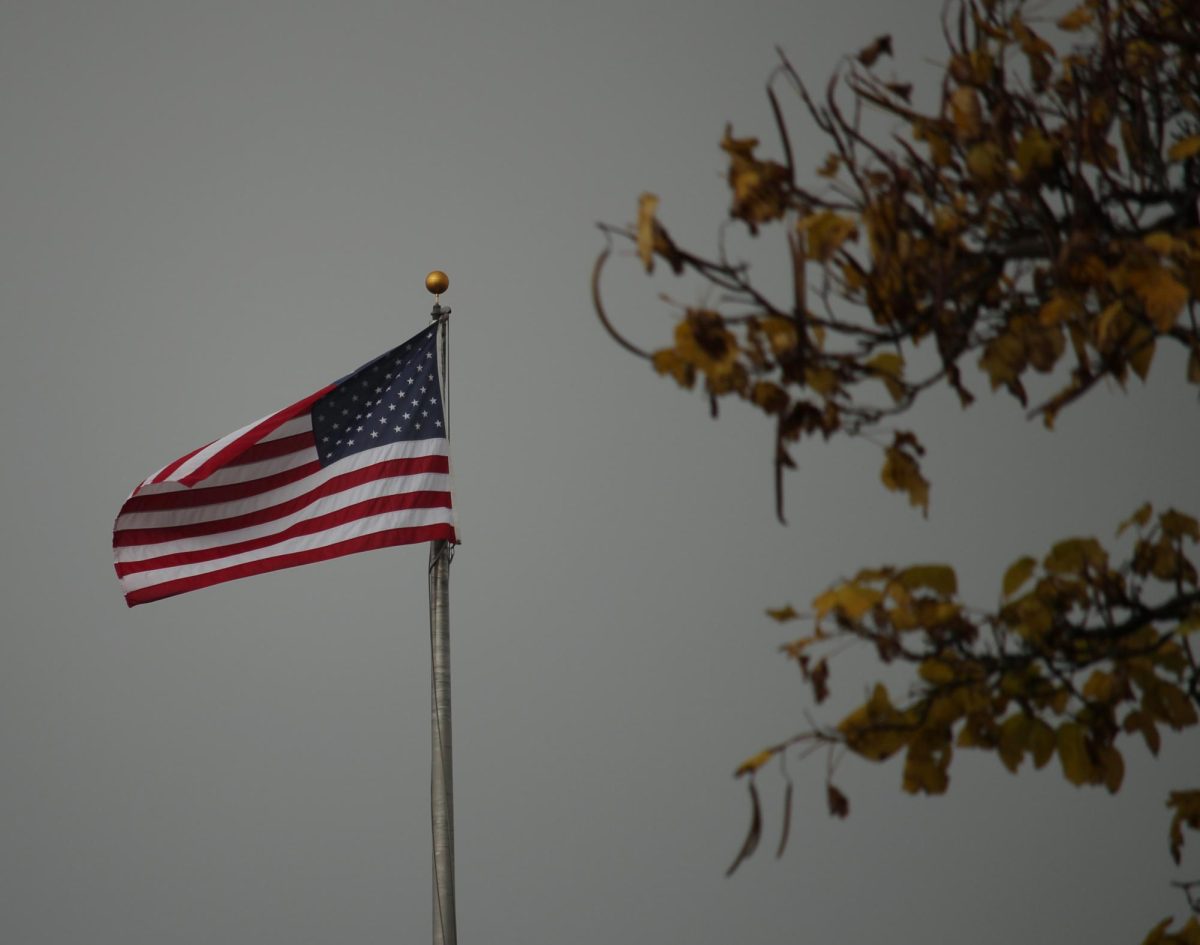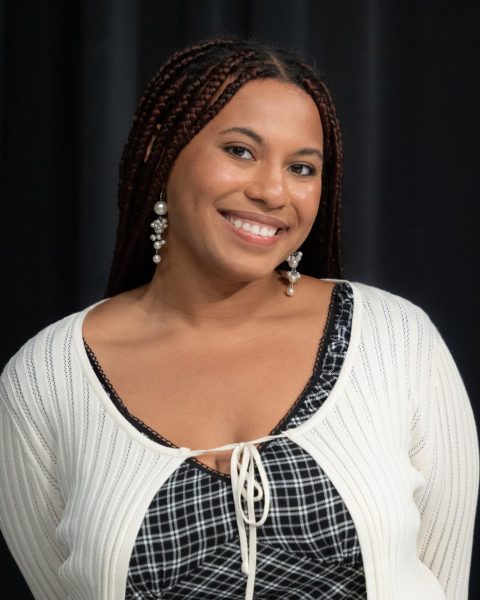According to an American Psychological Association poll, 69% of Americans felt worried about the election before the results were even announced. Now, many are facing the reality that had been haunting them hypothetically. Whether it was disappointment, excitement or even fear, many have found themselves facing feelings that they might not know how to confront.
These feelings are completely normal, and there are many techniques that can help alleviate election distress and awkward situations that might arise from the polarization that these results can exacerbate. However, there is one thing that is certain about the political state of the country; it won’t change unless someone does something about it.
Civic engagement is often emphasized as being extremely important. This emphasis, however, usually focuses on the act of voting once you turn 18, with other ways to engage politically being very visible. Although voting and protesting are important ways to exercise your rights and make your voice heard, it is not the exclusive way to be politically active or make a difference in your community.
Not only does this leave people feeling powerless outside of the ballot box, but it also makes the increased political divisions between Americans more pronounced. As such, voters and nonvoters alike should not rely solely on what happens on Election Day to decide how they will act over the next four years. Instead, people who want to protect certain rights or institutions should start working within their communities to ensure that they are protected.
National elections might be uniquely important and symbolic, as they help a country set a national agenda that most appeals to the public, but they also are only a small piece of the puzzle that is your national political scene. In order to more directly affect the reality that actually impacts us, we need to work within our communities.
Although this might seem like a herculean task to some, differences have already been made through these community-organized coalitions and events. For example, Lisa Catsagnozzi, a Milwaukee resident, was recently able to stop the construction of a slaughterhouse in her neighborhood along with animal rights group Slaughter Free Milwaukee.
Although Strauss Brands had poised themselves to move in, the activists were able to go to the city council meeting where the land was supposed to be approved for building and convince their alderman to negate the permit.
Castagnozzi did not describe herself as an activist, but instead as an engaged community resident. This is the distinction that people need to make in order to understand how their impact is seen. In order to volunteer with organizations, organize with your community or even communicate with local politicians, one does not need to be an activist. There just needs to be a will to make a change in your community and the drive to actually put that emotion into building a better tomorrow.
Although this only illustrates one example of how a few people can have a big impact on their community, it does represent the kind of proactive spirit that we need to foster in order to make our political ideals become more aligned with our realities.
At Marquette University, a university that has recently been ranked as #1 in the country for engagement in community service, it becomes increasingly easy to see where you can connect with other peers who are motivated to make a change in their communities.
The Arrupe Center for Community Service, for instance, has a litany of programs for students who are interested in becoming more involved in the Milwaukee community. Students can work in healthcare facilities, with children at daycare, helping organize backpack lunches or even helping all these separate operations run smoothly.
Outside of the center and the university there exist even more ways to participate as an engaged community resident, with nonprofits and other organizations being spread across the city. Even without these organizations, there are countless ways of becoming more politically active, such as attending town meetings, speaking your mind and writing to elected officials.
Although it might seem like a very somber end to a political race for some or a total victory for others, the work that needs to be done to make your community reflect your values does not end at the polls. Political activism, if genuine, should be a constant flow of care that doesn’t disappear every four years.
This story was written by Clara Lebrón. She can be reached at clara.lebron@marquette.edu









